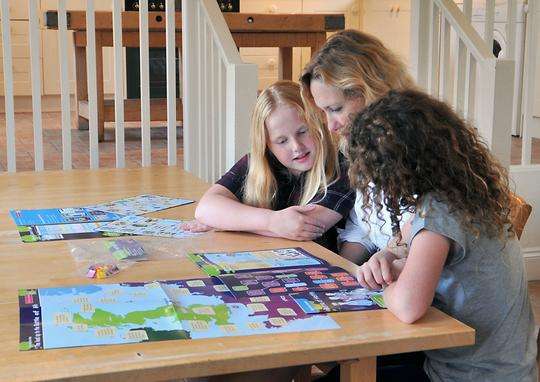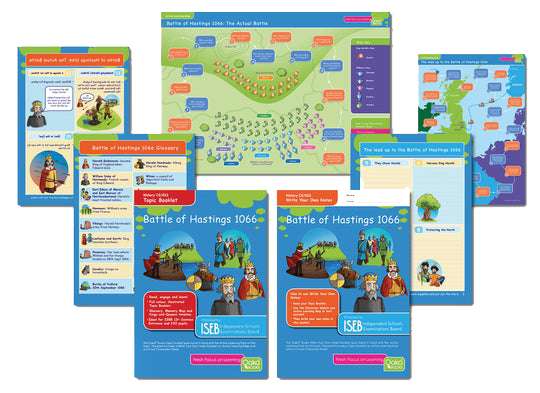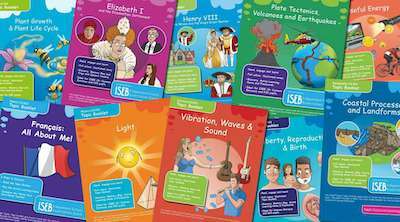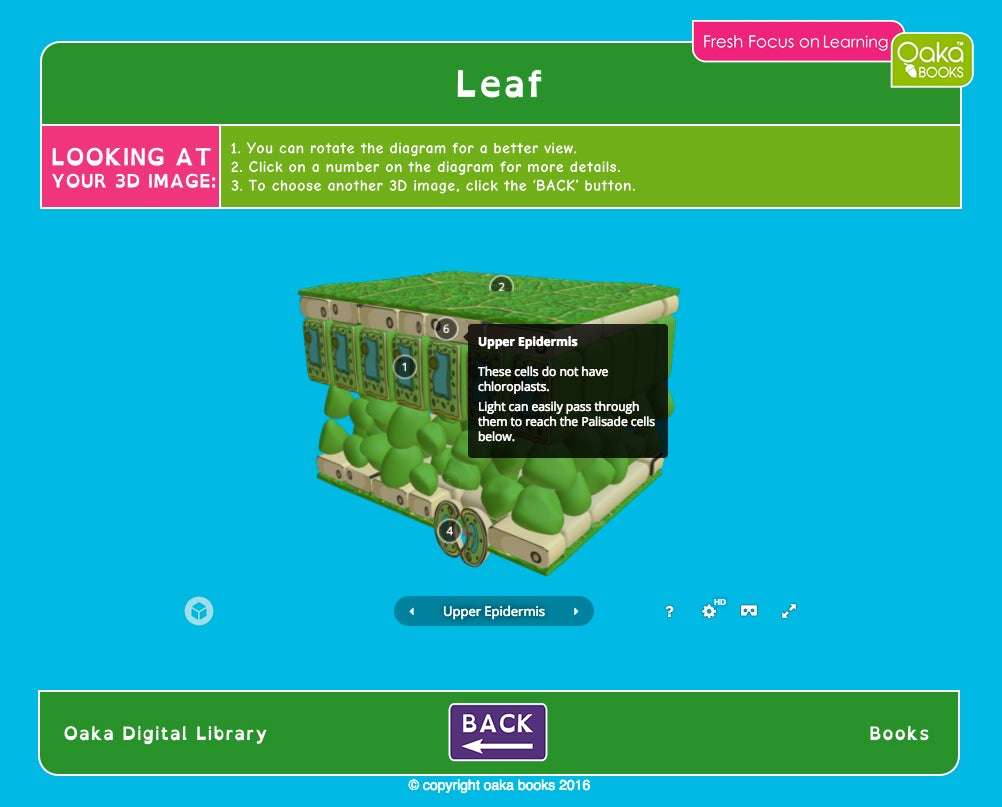Albert Bandura began the social learning theory in the ’60s with experiments and influential books. The most famous example was the Bobo Doll experiment. Children observed a model being aggressive towards the doll. That model was then either rewarded or punished for their behaviour. The influence that had on the child’s behaviour was tracked.
The link was clear and helped to show that children not only learn by being rewarded or punished but also by seeing others rewarded or punished. Later studies looked at the influence of watching films and TV or playing video games and how that affected aggression and productivity which is still a hot-button issue today.
But social learning theory is not all about aggression. It also covers the ideas about how behaviour affects learning.
Self-efficacy says that the more children believe they can achieve a goal the more likely they are to do so. Self-regulation is about setting those goals and staying on track with them. These two ideas feed into each other and reinforce each other. Getting better at one automatically improves the other. Children can also be influenced by seeing people such as teachers and parents with high self-efficacy and self-regulation. “Reciprocal determinism” says that children do not simply absorb information but that their environment and behaviour influences how they learn.
If some of this seems obvious now it is because of how much Bandura’s ideas and the concept of social learning theory changed child psychology and development. Bandura is one of the most referenced scientists in the world and received dozens of awards for his work. The ideas have been used in criminology, in harnessing social change and in debates about media violence as well as changing classrooms and teaching all over the world.





